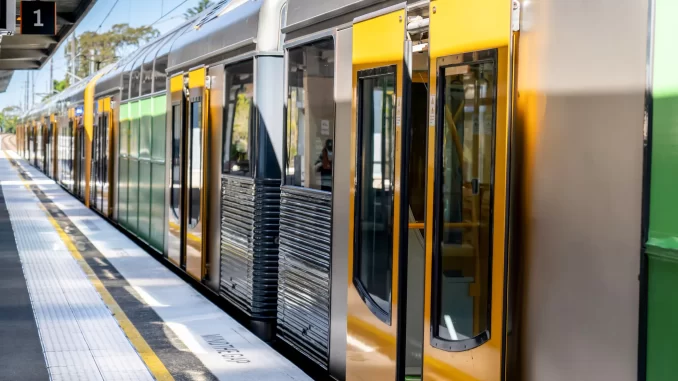
By Kayleigh Anderson
The New York State Comptroller’s Office recently released a report showing that the decrease in debt by the Metropolitan Transit Authority (MTA) will result in significant delays to its capital improvement projects.
“The MTA’s capital program is critical to winning riders back to public transportation and increasing fare revenue,” NYS Comptroller Thomas P. DiNapoli said. “When capital projects are delayed, repairs and upgrades are put off, causing parts of the system to deteriorate further, there’s more at stake than just delayed projects. If the MTA covers the shortfall in capital funds by using its operating budget to pay for more borrowing, less money would be available for day-to-day operations and goals, like increasing service.”
Here are some of the findings in the report:
- In the four years prior to the pandemic, the MTA was able to commit an average of $7.1 billion per year for capital projects; in 2022, the MTA made a record $11.4 billion of capital commitments.
- In 2023, commitments slipped to $8 billion mostly from uncertainty on the timing of congestion pricing’s implementation.
- Continued uncertainty has led the MTA to reduce its capital commitment goal in 2024 from $12 billion to less than $3 billion.
- As of April 1, 2024, the MTA’s capital programs since 2010 have a total of $34.2 billion which still must be committed, including more than half of the 2020-2024 program.
- More than 20 percent of the 2015-2019 capital program has not been completed including 10 subway station renewals.
- Prudent use of federal aid allowed the MTA to free up $1.4 billion to defease bonds and pre-pay interest in 2023, enabling savings of $1.5 billion between 2023 and 2026.
- Including capital lockbox debt, which is kept outside of the operating budget to eliminate any impact on operational spending, the MTA expects debt outstanding to rise from $42.4 billion in 2023 to $59.9 billion in 2028.
- Budgeted debt service (including lockbox debt service and excluding debt issued after the 2020- 2024 capital program) is projected to reach nearly $5 billion by 2031, which is 83 percent ($2.3 billion) more than in 2023.
- In the absence of another dedicated funding source at the level congestion pricing would bring, the MTA might need to bond $23.5 billion for the 2025-2029 capital program, increasing debt service by $1.6 billion to reach $4.9 billion in 2037.
The report also found that the congestion pricing plan — slated to be implemented at the end of next month — would provide $15 billion of its $54.8 billion for its 2020-2024 capital program, but “Delays, uncertainties, and lawsuits around congestion pricing’s implementation have slowed down the MTA’s capital work,” the report said.
In response to the report, MTA Chief Financial Officer Kevin Willens said in a statement, “We are pleased the State Comptroller recognizes how important capital investments are to the MTA’s future. As we’ve said for some time, it is critical that the capital budget is sufficiently funded with dedicated resources so the MTA can continue to provide frequent and reliable service, while also delivering on projects to modernize the transit system.”
— Additional reporting by Hank Russell

